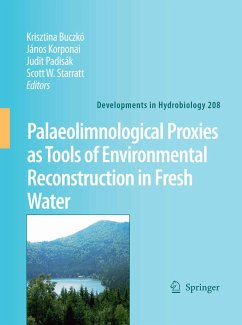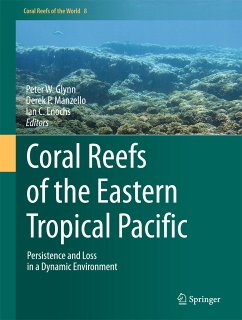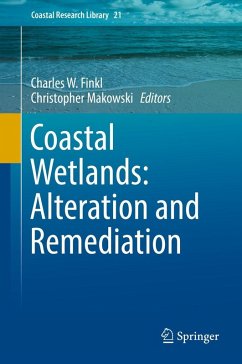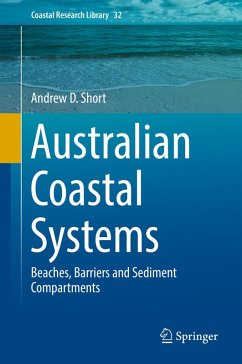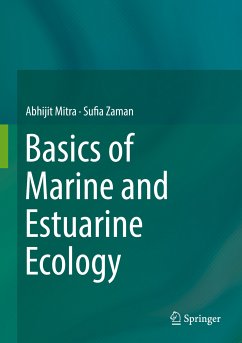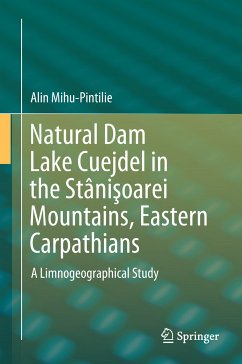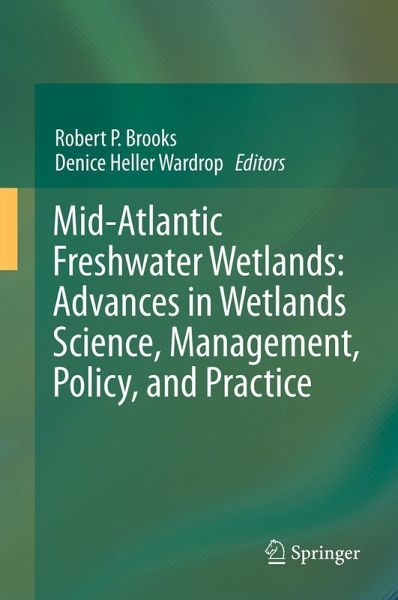
Mid-Atlantic Freshwater Wetlands: Advances in Wetlands Science, Management, Policy, and Practice (eBook, PDF)
Versandkostenfrei!
Sofort per Download lieferbar
128,95 €
inkl. MwSt.
Weitere Ausgaben:

PAYBACK Punkte
64 °P sammeln!
The lands and waters of the Mid-Atlantic Region (MAR) have changed significantly since before the 16th century when the Susquehannock lived in the area. Much has changed since Captain John Smith penetrated the estuaries and rivers during the early 17th century; since the surveying of the Mason-Dixon Line to settle border disputes among Maryland, Pennsylvania, and Delaware during the middle of the 18th century; and since J. Thomas Scharf described the physiographic setting of Baltimore County in the late 19th century. As early as 1881, Scharf provides us with an assessment of the condition of t...
The lands and waters of the Mid-Atlantic Region (MAR) have changed significantly since before the 16th century when the Susquehannock lived in the area. Much has changed since Captain John Smith penetrated the estuaries and rivers during the early 17th century; since the surveying of the Mason-Dixon Line to settle border disputes among Maryland, Pennsylvania, and Delaware during the middle of the 18th century; and since J. Thomas Scharf described the physiographic setting of Baltimore County in the late 19th century. As early as 1881, Scharf provides us with an assessment of the condition of the aquatic ecosystems of the region, albeit in narrative form, and already changes are taking place - the conversion of forests to fields, the founding of towns and cities, and the depletion of natural resources. We have always conducted our work with the premise that "man" is part of, and not apart from, this ecosystem and landscape. This premise, and the historical changes in our landscape, provide the foundation for our overarching research question: how do human activities impact the functioning of aquatic ecosystems and the ecosystem services that they provide, and how can we optimize this relationship?
Dieser Download kann aus rechtlichen Gründen nur mit Rechnungsadresse in A, B, BG, CY, CZ, D, DK, EW, E, FIN, F, GR, HR, H, IRL, I, LT, L, LR, M, NL, PL, P, R, S, SLO, SK ausgeliefert werden.




